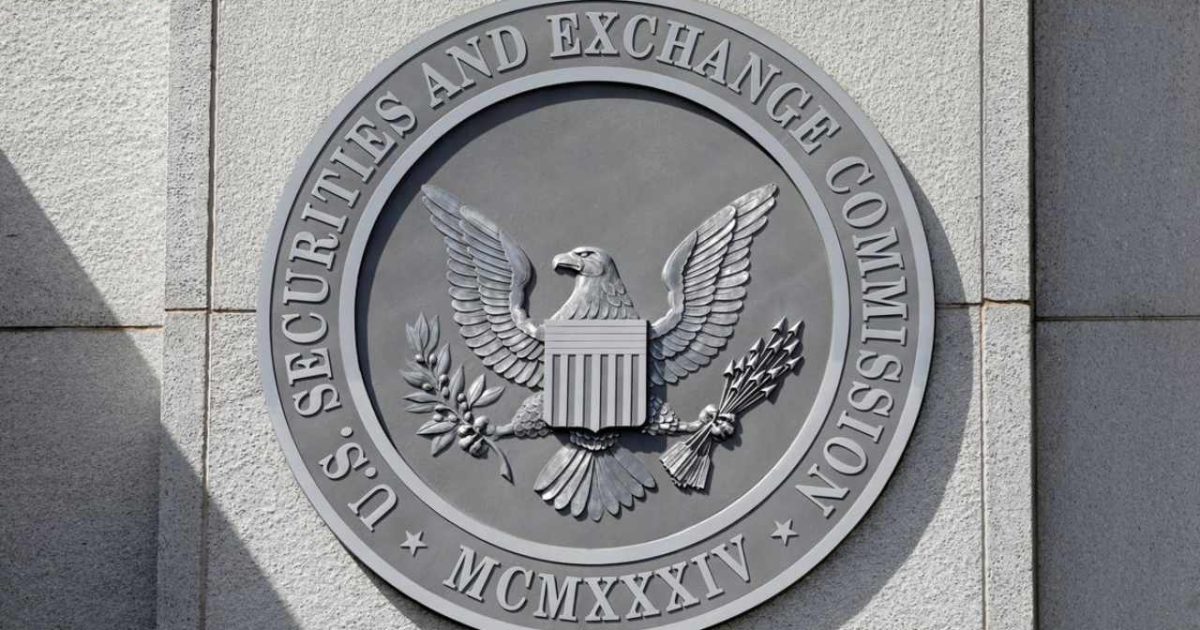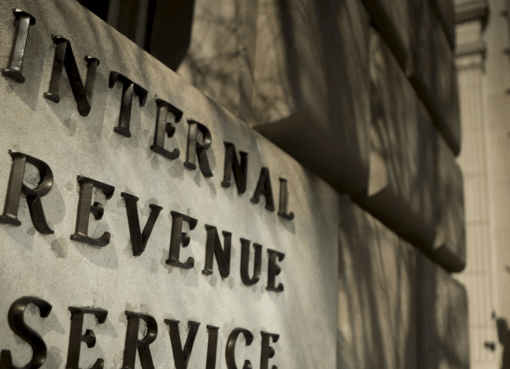A commissioner with the U.S. Securities and Exchange Commission (SEC) has warned that the securities market regulator has dropped the ball on crypto regulation. “We’re not allowing innovation to develop and experimentation to happen in a healthy way, and there are long-term consequences of that failure,” said the commissioner.
SEC Commissioner Warns About the ‘Failure’ of Crypto Regulation
SEC Commissioner Hester Peirce expressed concerns that the U.S. has dropped the ball on the regulation of cryptocurrencies in an interview with CNBC on the sidelines of the DC Blockchain Summit this week.
Peirce, who is also known in the crypto community as “crypto mom” for her support of the industry, discussed challenges in the crypto ecosystem from a regulatory standpoint. Firstly, the commissioner mentioned fraud, stating that “There’s a lot of fraud in this space because it’s the hot area of the moment.”
However, she stressed that what concerns her more is that the SEC has dropped the ball on crypto regulation. Peirce stated:
The other piece that does concern me is the way that we’ve sort of dropped the regulatory ball.
“We’re not allowing innovation to develop and experimentation to happen in a healthy way, and there are long-term consequences of that failure,” the commissioner warned.
The crypto market has suffered a massive loss over the recent weeks, shedding about $500 billion since the beginning of the month.
The market downturn was exacerbated by the collapse of cryptocurrency terra (LUNA) and algorithmic stablecoin terrausd (UST). The two cryptocurrencies lost almost all value within days. The catastrophe has prompted Congress to call for the urgent regulation of stablecoins.
Following the implosion of the two cryptocurrencies, SEC Chairman Gary Gensler warned that a lot of crypto tokens will fail and investors will get hurt. He has repeatedly said that a lot of coins listed on crypto exchanges are securities and should be registered with his agency. However, Gensler also emphasized that the SEC does not have enough resources to adequately police financial markets, stating that the regulator is really “outpersonned.” He also said that crypto exchanges are trading against their customers often.
The SEC under Gensler has so far been enforcement-centric. Since the securities watchdog launched a unit dedicated to crypto asset oversight in 2017, it has brought more than 80 enforcement actions against crypto companies. The agency recently announced that it will almost double the size of its Enforcement Division’s crypto unit.
Peirce emphasized the need for regulatory clarity from the SEC, adding that there is a lot of work to be done within existing authorities. Citing that traditional financial institutions want to get involved in crypto, she stressed: “They need regulatory clarity from us in order to do that.”
The commissioner opined:
We can go after fraud and we can play a more positive role on the innovation side, but we have to get to it, we’ve got to get working … I haven’t seen us willing to do that work so far.
What do you think about SEC Commissioner Peirce’s comments? Let us know in the comments section below.
Image Credits: Shutterstock, Pixabay, Wiki Commons
Disclaimer: This article is for informational purposes only. It is not a direct offer or solicitation of an offer to buy or sell, or a recommendation or endorsement of any products, services, or companies. Bitcoin.com does not provide investment, tax, legal, or accounting advice. Neither the company nor the author is responsible, directly or indirectly, for any damage or loss caused or alleged to be caused by or in connection with the use of or reliance on any content, goods or services mentioned in this article.




